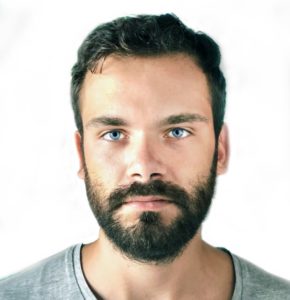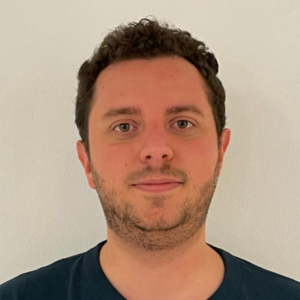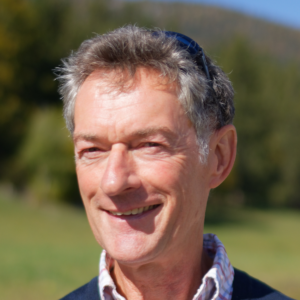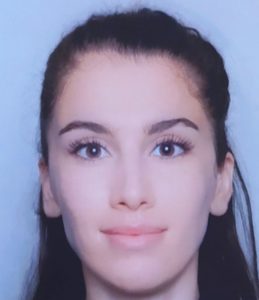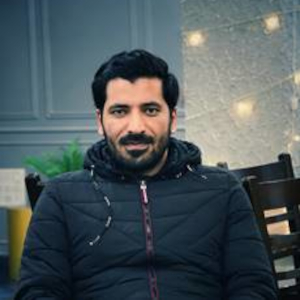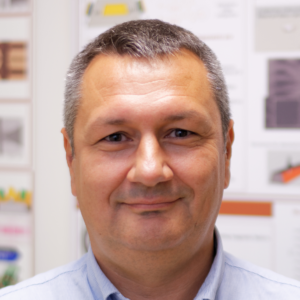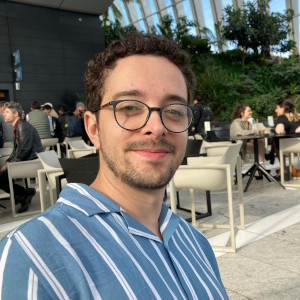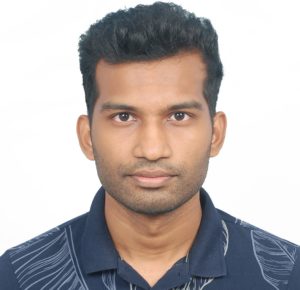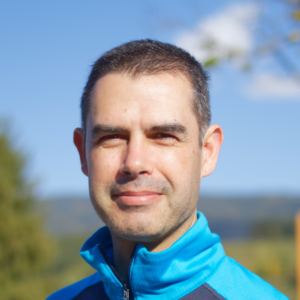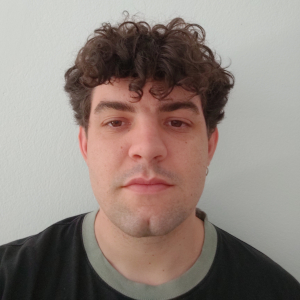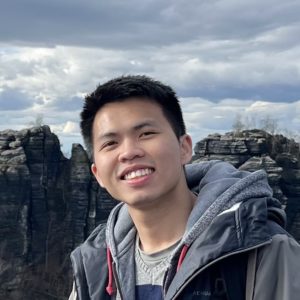Overview
The Magnetic Random Access Memories (MRAM) group develops advanced concepts in this emerging technology. The goal is to realize cells with improved thermal stability, lower power consumption and/or faster switching. Our research covers material stack deposition, nano-fabrication and electrical test evaluation, for applications as standalone memory and non-volatile logic and more recently in neuromorphic computing architectures.
Research directions
Perpendicular Anisotropy Materials
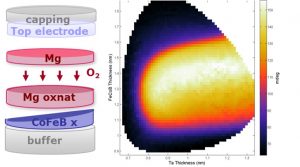
High energy barriers for spin transfer torque (STT) MRAM cells can be achieved with perpendicular anisotropy magnetic tunnel junctions. Solutions for high density MRAM cells to diameters below 20nm require continuous improvements in perpendicular surface anisotropy, while maintaining high TMR properties.
Perpendicular STT MRAM
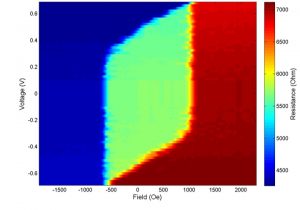
Evaluation of MRAM concepts requires simulation of expected reversal mechanisms and electrical characterization of individual cells. We aim at understanding dynamics of magnetization reversal and the expected impact of stack modifications to explore application specific optimizations.
Nanofabrication Challenges
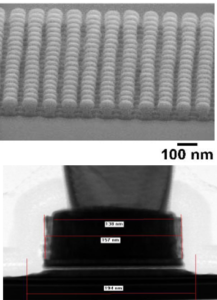
Innovation on dense MRAM using pre-patterned substrates, CMOS integration of multifunctional cells and sub-10nm lateral sizes. Tunnel junction nanofabrication in our platform is essential to evaluate MRAM concepts and performance.
Perpendicular Shape Anisotropy
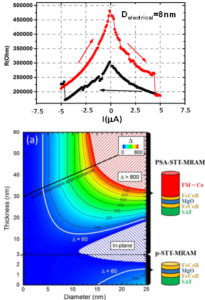
A solution for sub-10nm cell sizes uses high aspect ratios to generate perpendicular shape anisotropy providing scalable retention at the smallest cell sizes. Spin transfer torque switching is possible in these cells, where the reversal dynamics is now under study.
The team
Former members
Post-docs
- Andrey TIMOPHEEV (2014-2017)
- Van Dai NGUYEN (2016-2018)
- J. Ranier Roiz (2015-2016)
- Nikita Strelkov (2016-2019)
PhD
- Luc TILLIE (2015-2018)
- Nicolas PERRISSIN (2015-2018)
- Jyotirmoy CHATTERGEE (2014-2017)
- Hieu Tan NGUYEN (2013-2016)
- Antoine Chavent (2013-2015)
Process Engineers
- Jude GUELFFUCCI (2015-2017)
- Nathalie LAMARD (2016-2017)
- Guillaume LAVAITTE (2015-2016)
Projects
- Samsung SGMI (2014-2017)
- ANR Excalyb (2014-2017)
- Heumem (2015-2018)
- EU-FET Spice (2016-2019)
- EU Great (2016-2019)
- ERC Magical (2015-2020)
Partners
- CEA LETI, Grenoble, France
- Institut NEEL, Grenoble, France
- Crocus Technology, Grenoble, France
- Samsung, San Jose, USA
- Singulus AG, Kahl am Main, Germany
- Aarhus University, Aarhus, Denmark
- Radboud Universiteit, Neijmegen, Netherlands
Recent news
- Sub-10nm thermally stable Perpendicular Shape Anisotropy magnetic memory (August 24th, 2018)

A new concept of thermally stable and electrically switchable Spin Transfer Torque Magnetic Random Access Memory (STT-MRAM) scalable to diameter down to 4nm was proposed and demonstrated. By dramatically increasing the thickness of the storage ... - Editor – Topical issue in MRS bulletin: Advanced memory—Materials for a new era of information technology (April 10th, 2018)

Bernard Dieny (from Spintec) and Cheol Seong Hwang are Guest Editors for a topical issue of the MRS Bulletin in May 2018, dedicated to Advanced memory—Materials for a new era of information technology. View online: DOI: ... - Electronique – Ruée sur les mémoires magnétiques (Industrie et Technologies, Mar 2018) (April 04th, 2018)

L’alliance de la microélectronique et du magnétisme, ou spintronique, s’avère prometteuse. Les géants du secteur s’intéressent notamment aux mémoires magnétiques. Industrie et Technologies 1007, 1st March 2018 - Sub-10nm thermally stable Perpendicular Shape Anisotropy STT-MRAM realized at SPINTEC (March 08th, 2018)

A team at SPINTEC in Grenoble has demonstrated thermally stable and electrically switchable Spin Transfer Torque MRAM (STT-MRAM) of diameter down to 4nm. Among the various technologies of non-volatile memories, STT-MRAM gathers a unique combination ... - Seminar : Magnetisation manipulation with light and electrons femto-second pulses (February 23rd, 2018)

On March 29, We have the pleasure to welcome Stéphane MANGIN from Institut Jean Lamour, Université de Lorraine. He comes at Grenoble for the PHD defense of Jyotirmoy Chatterjee at 14H. He kindly offered to take ...

